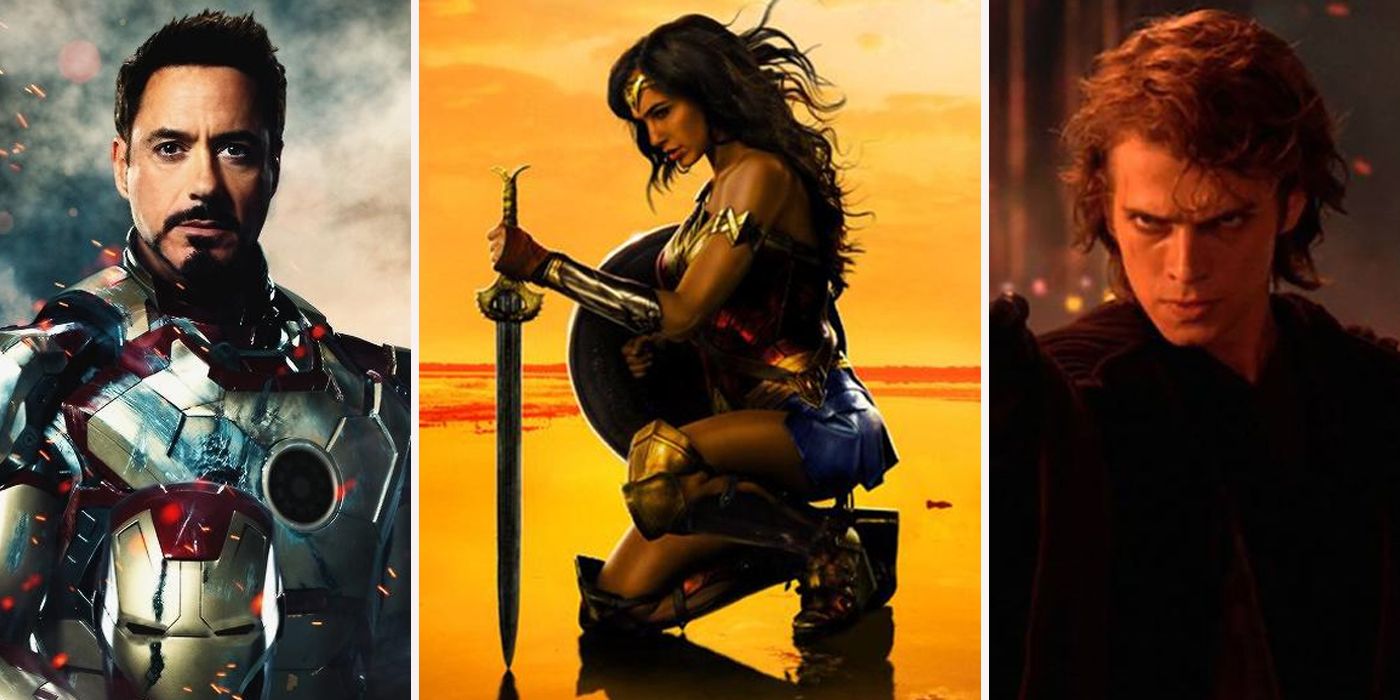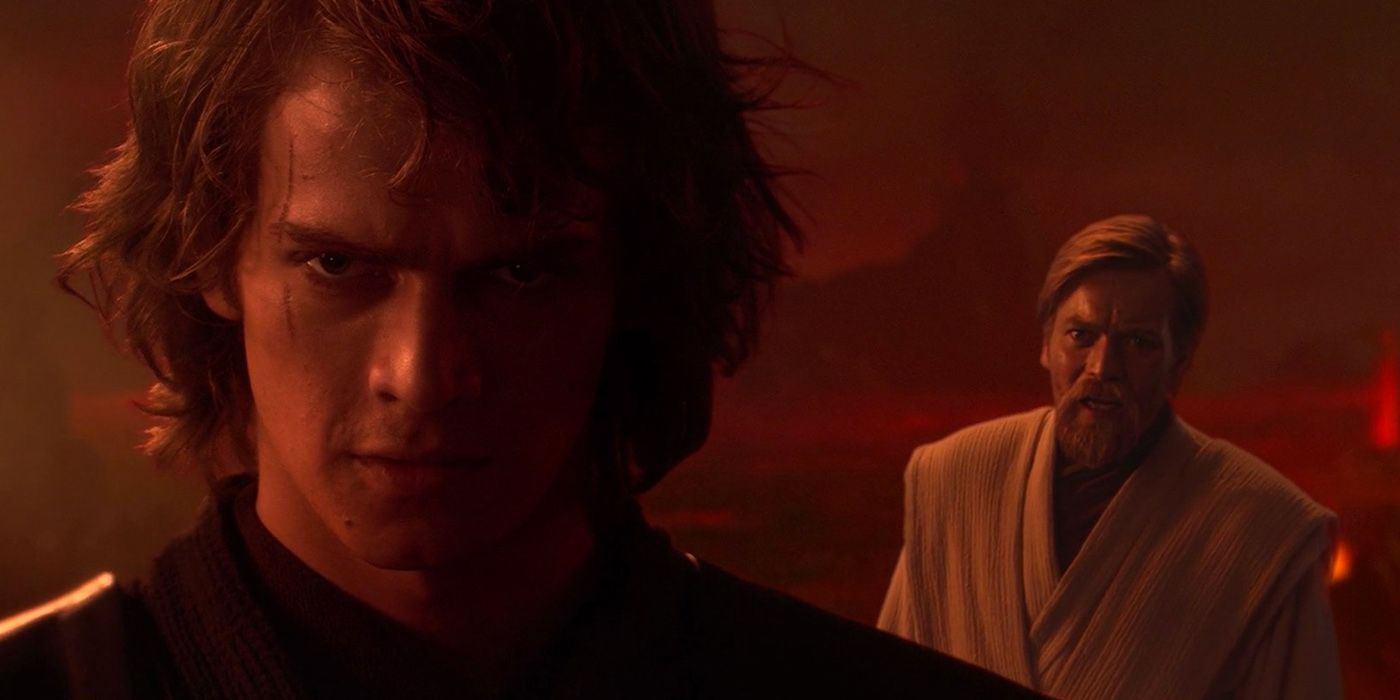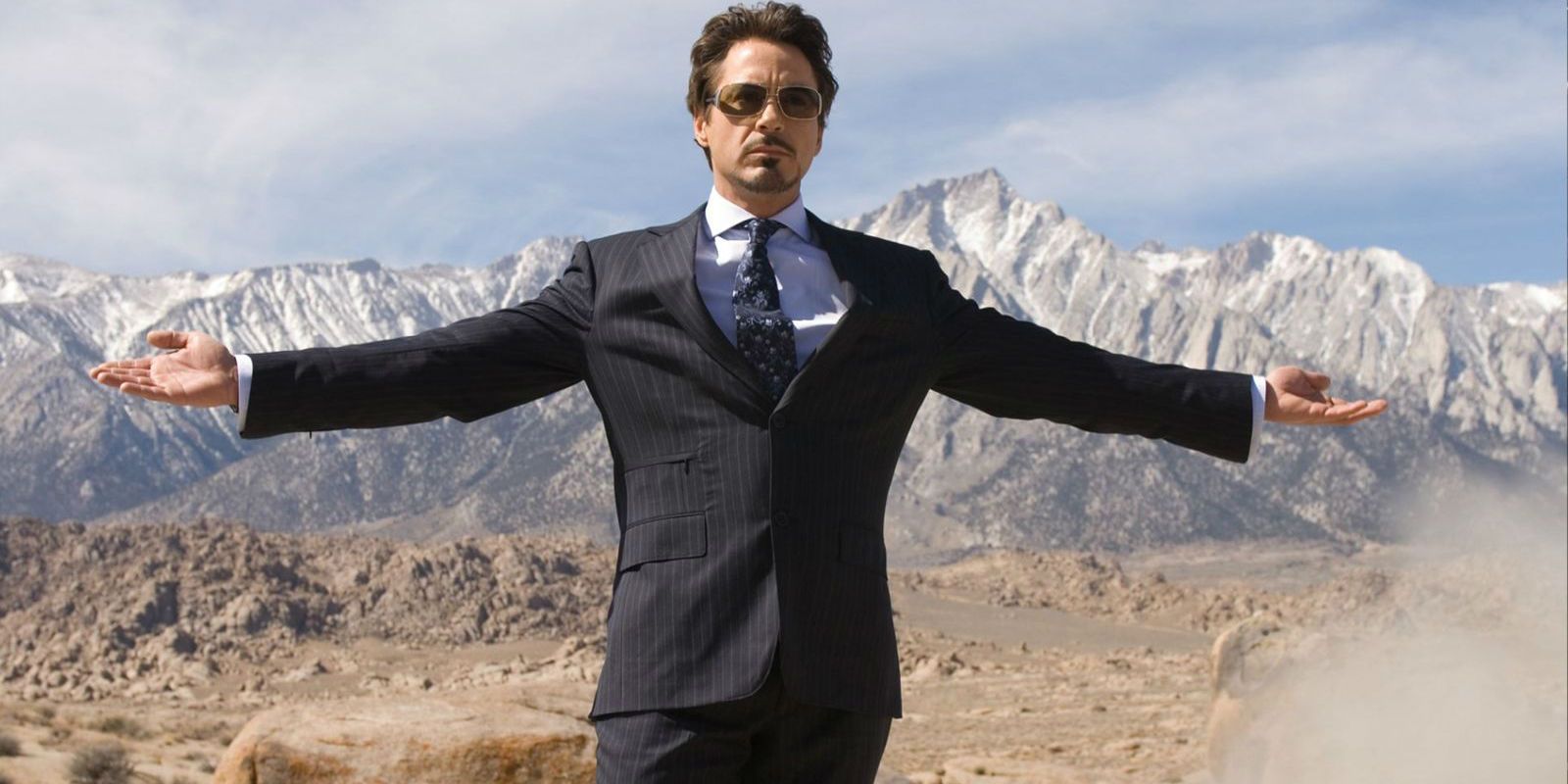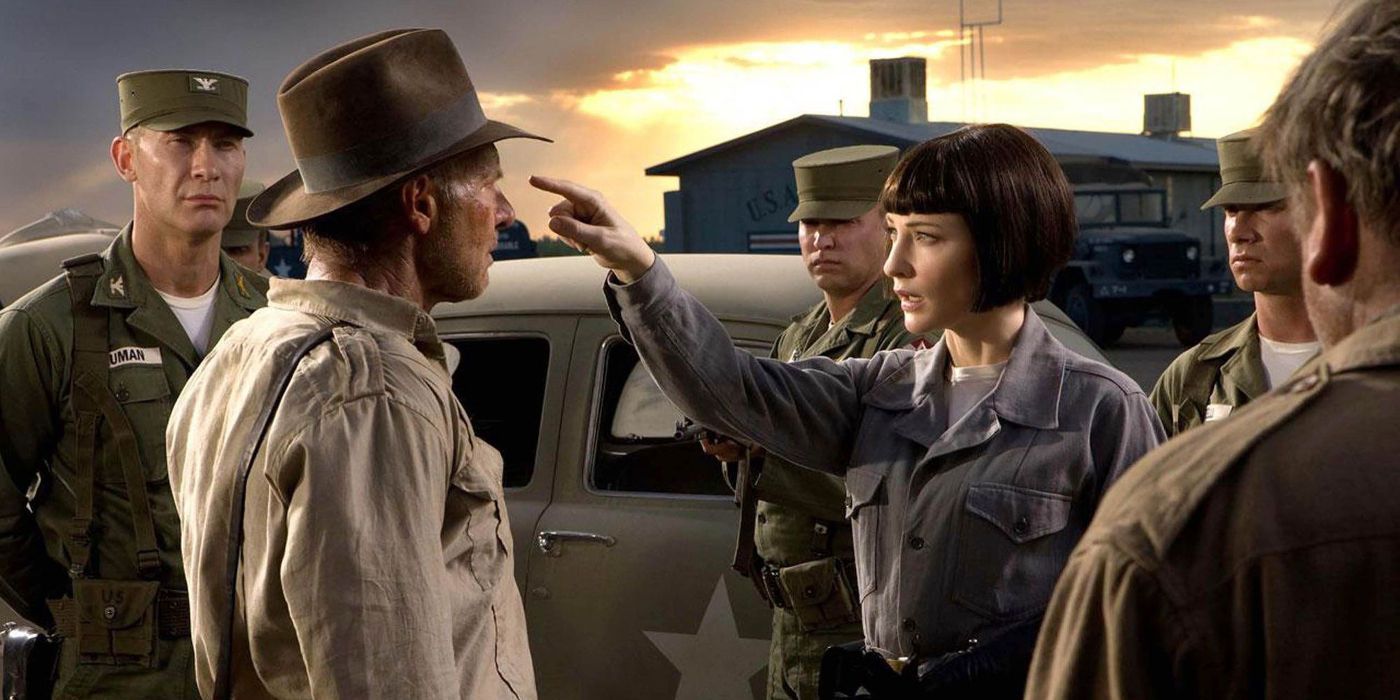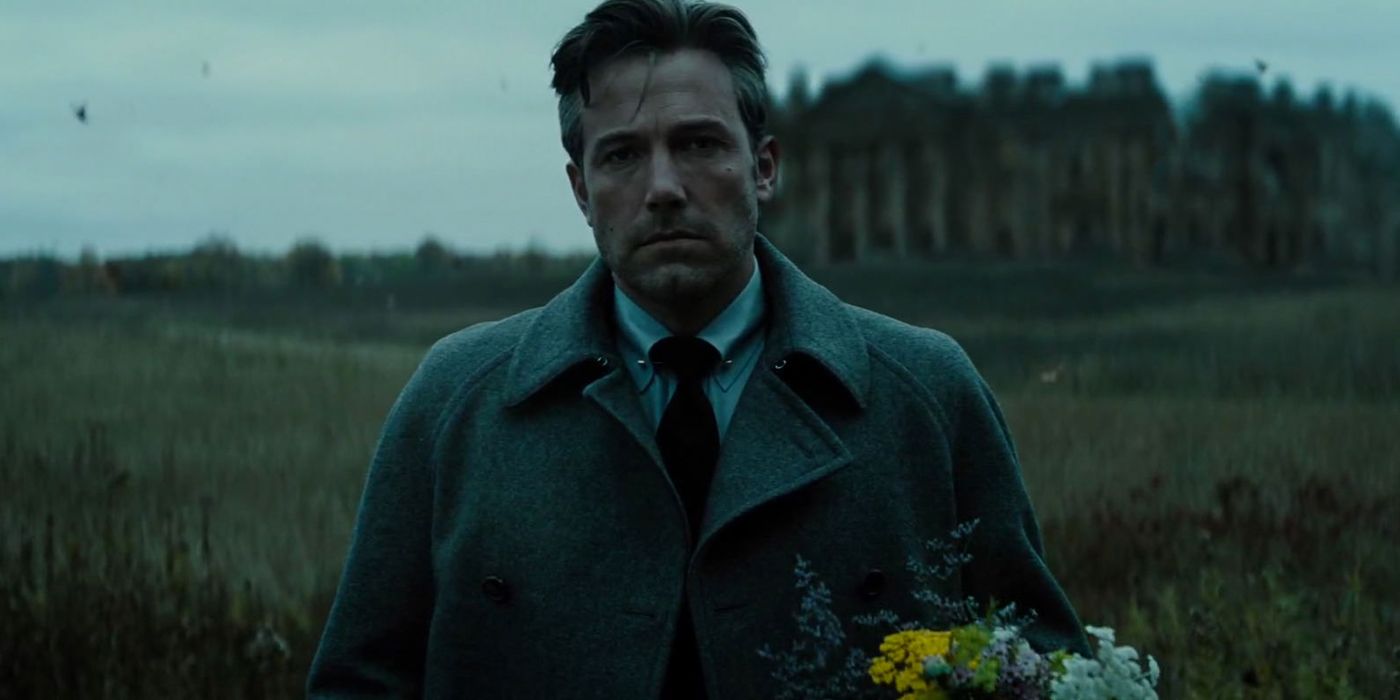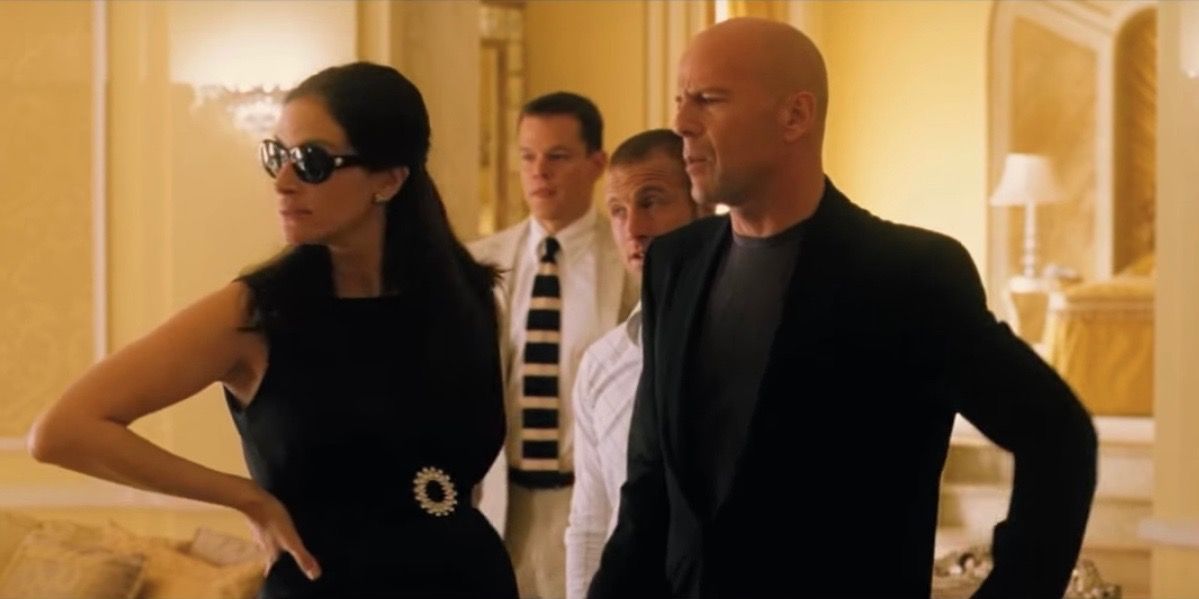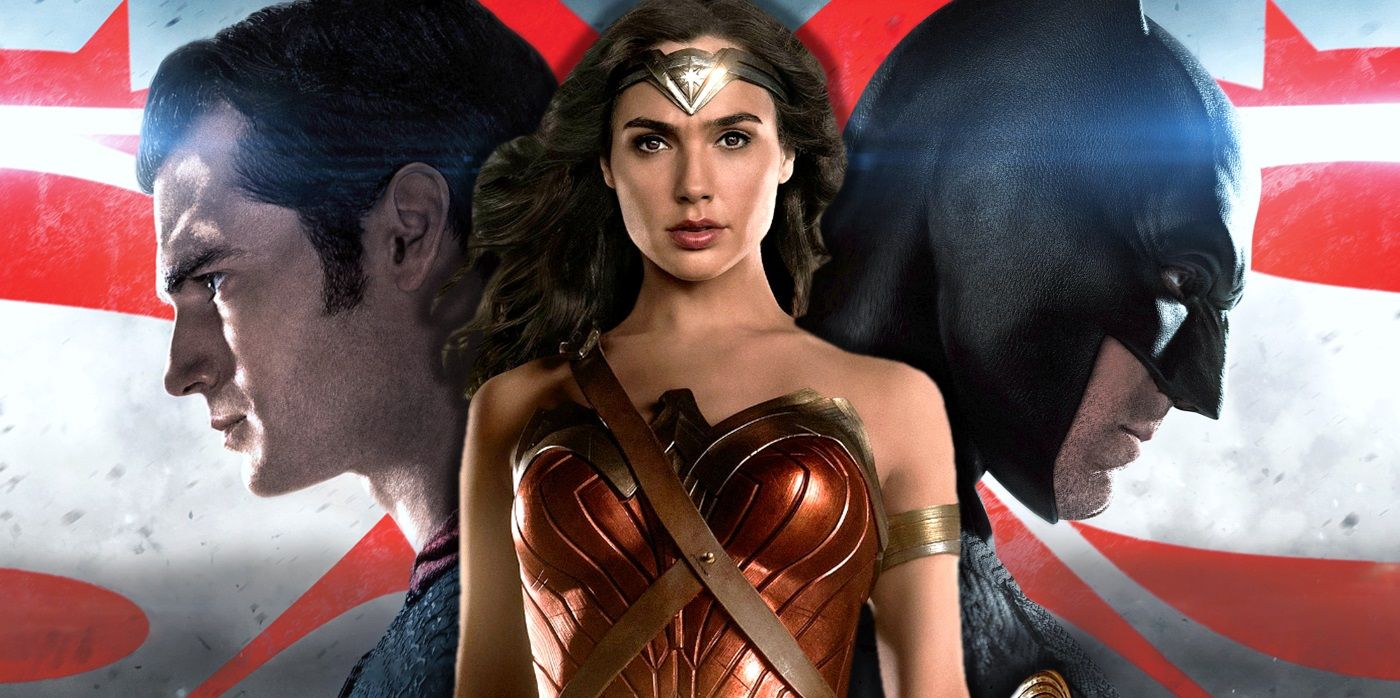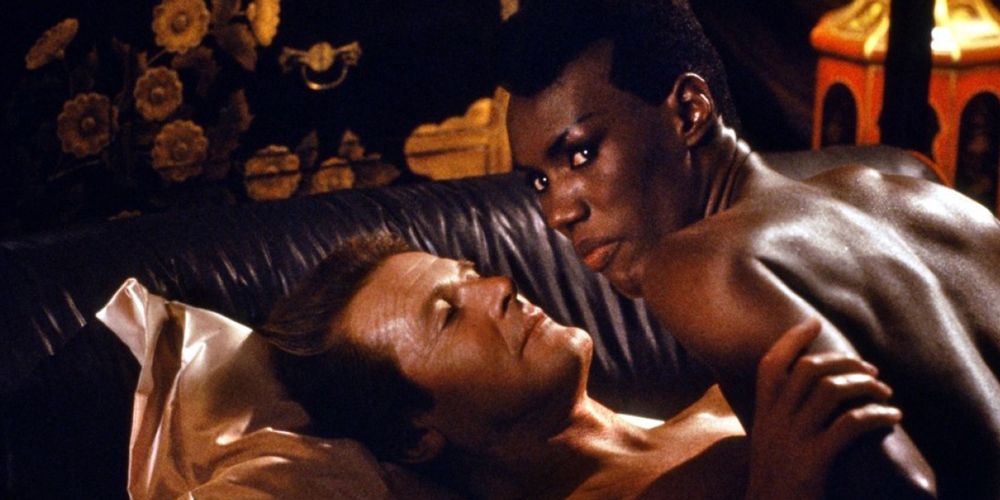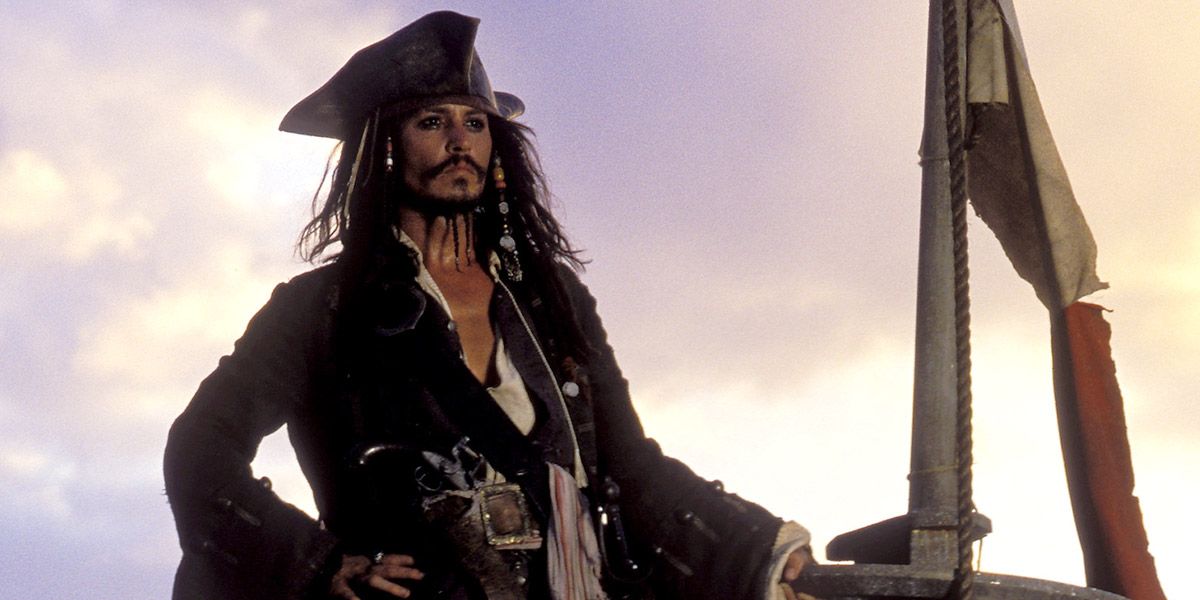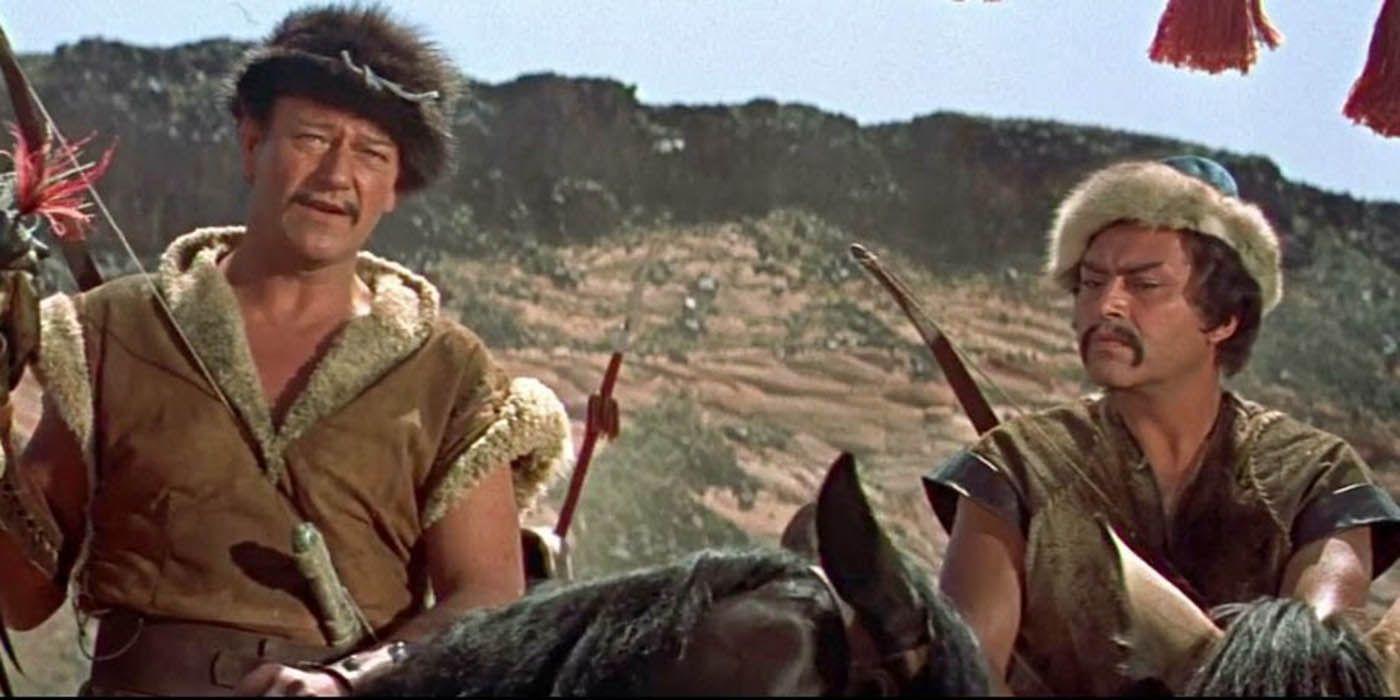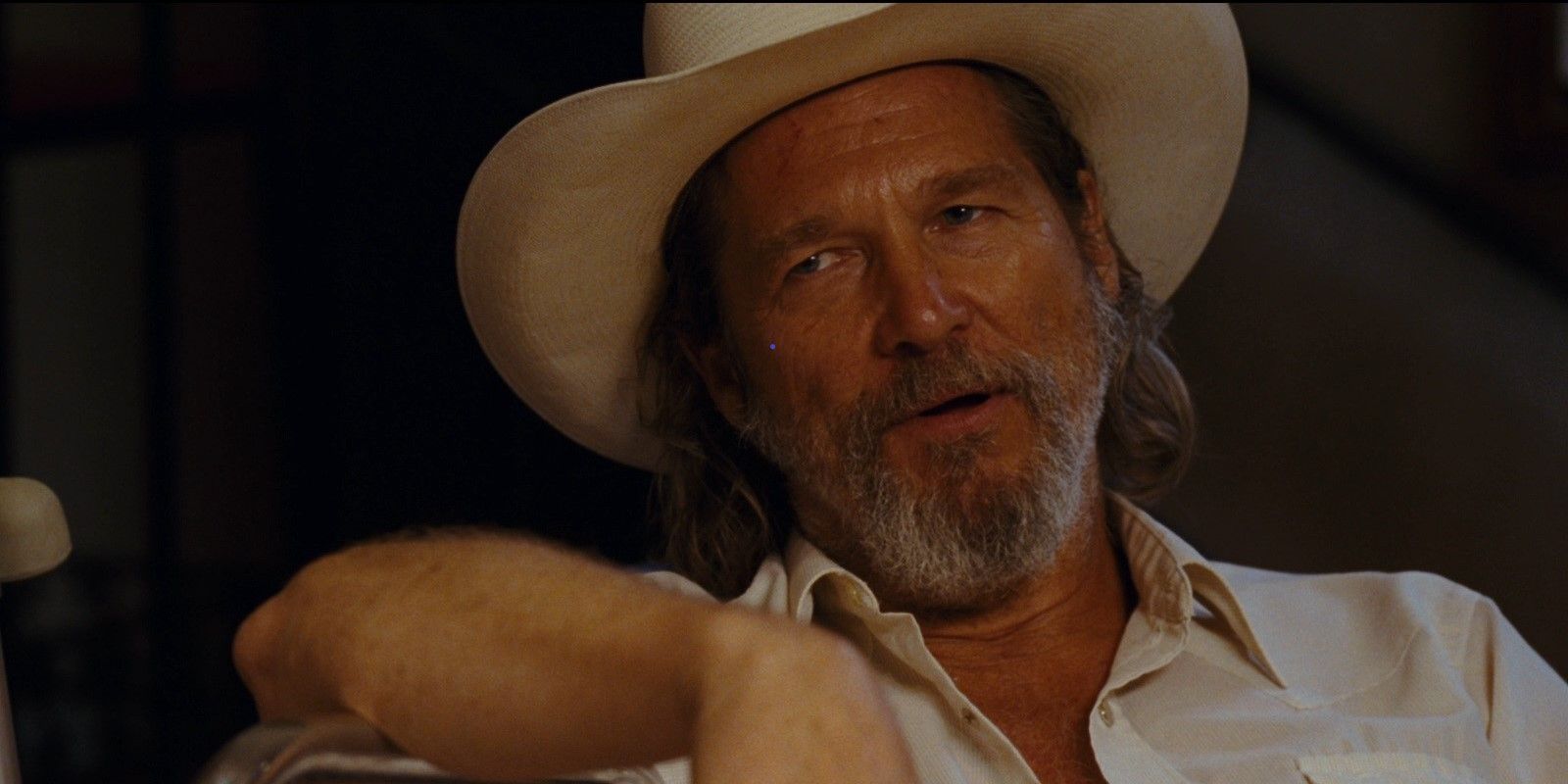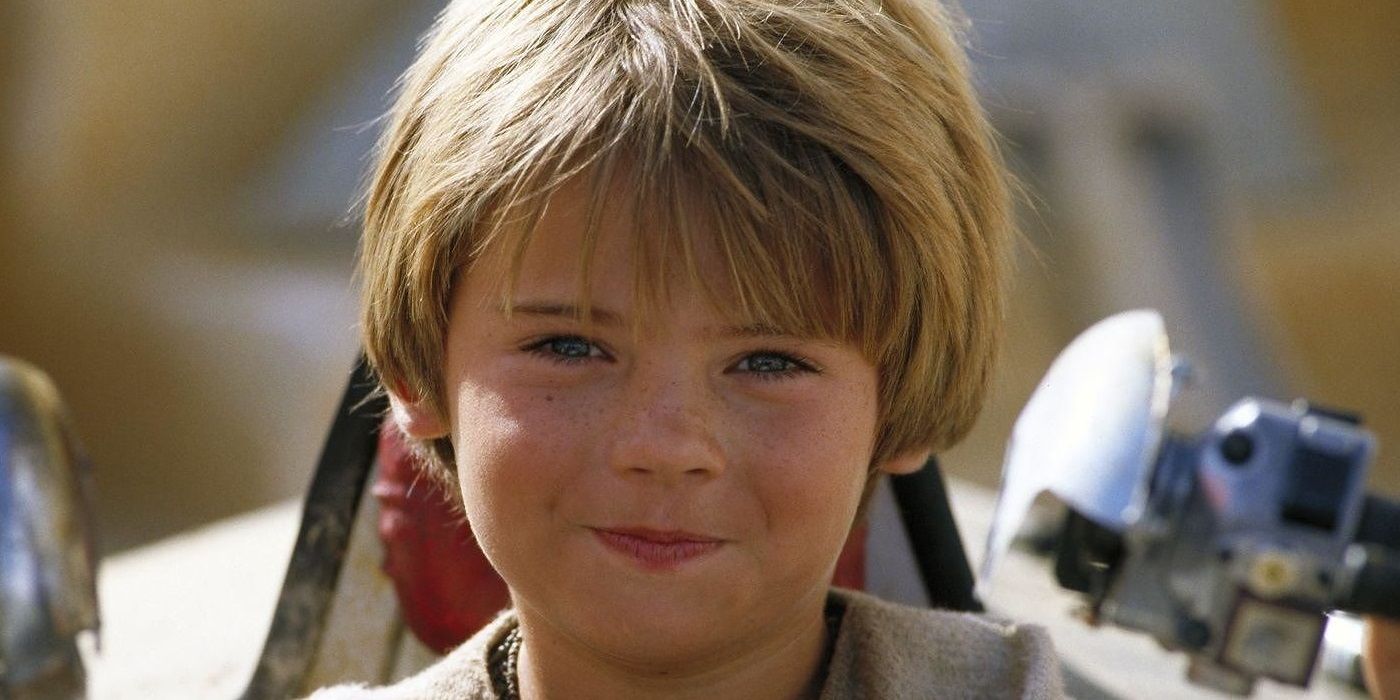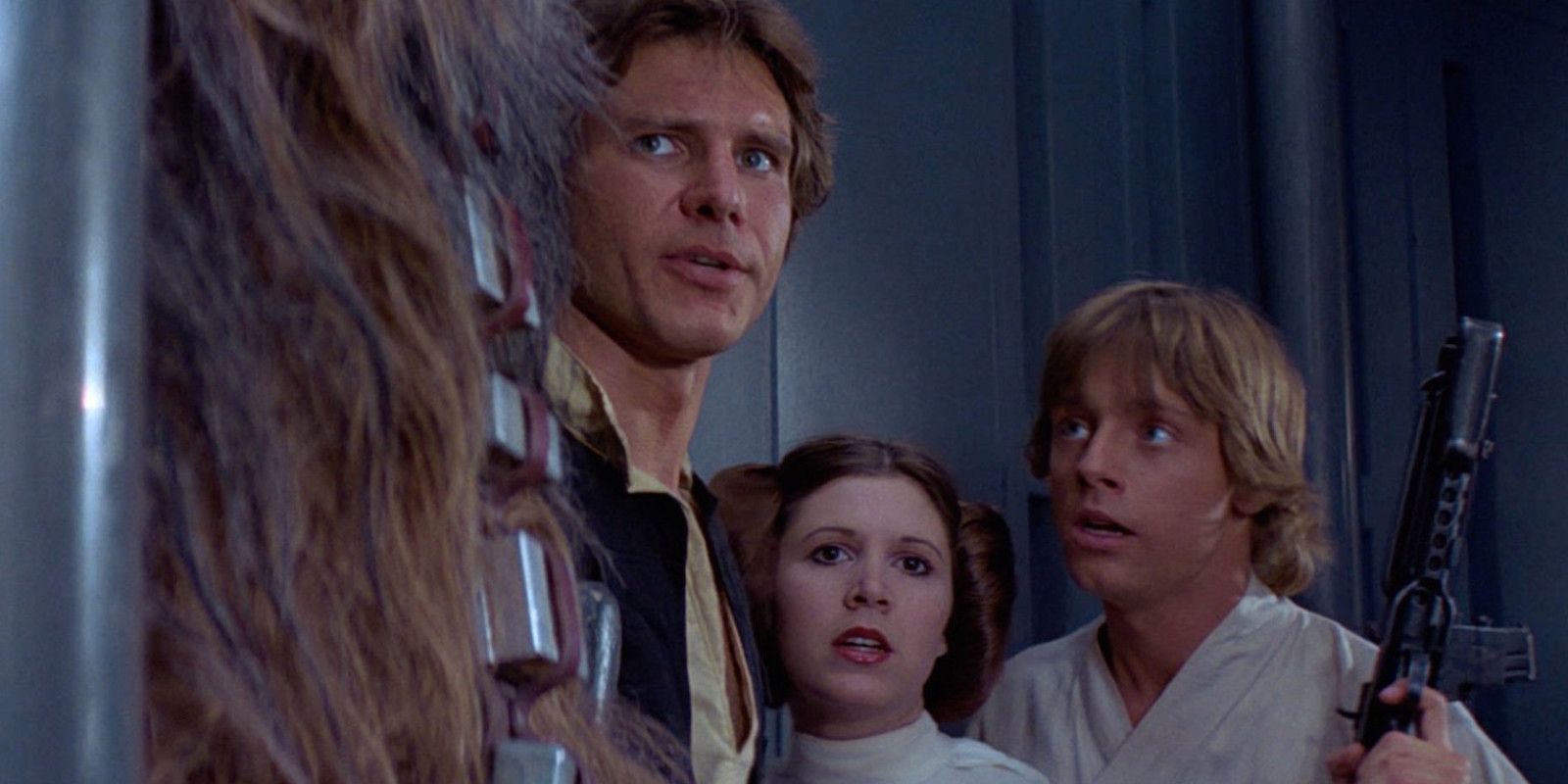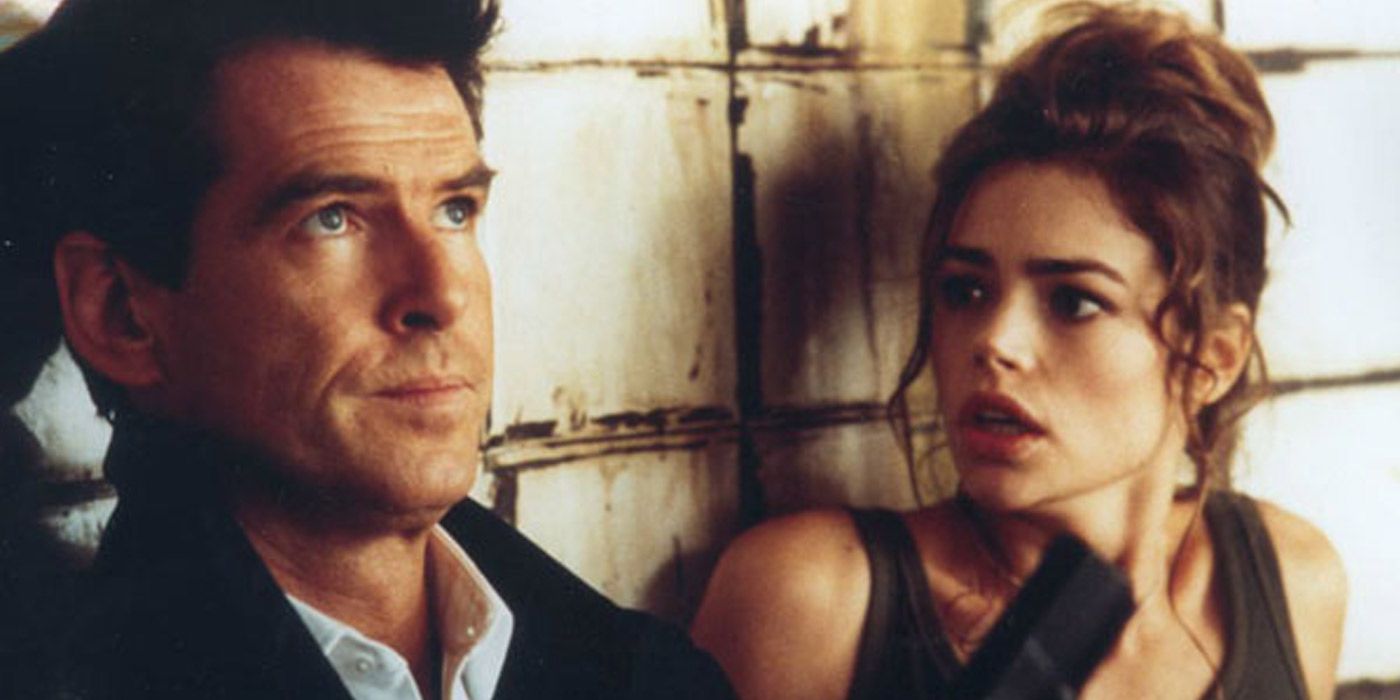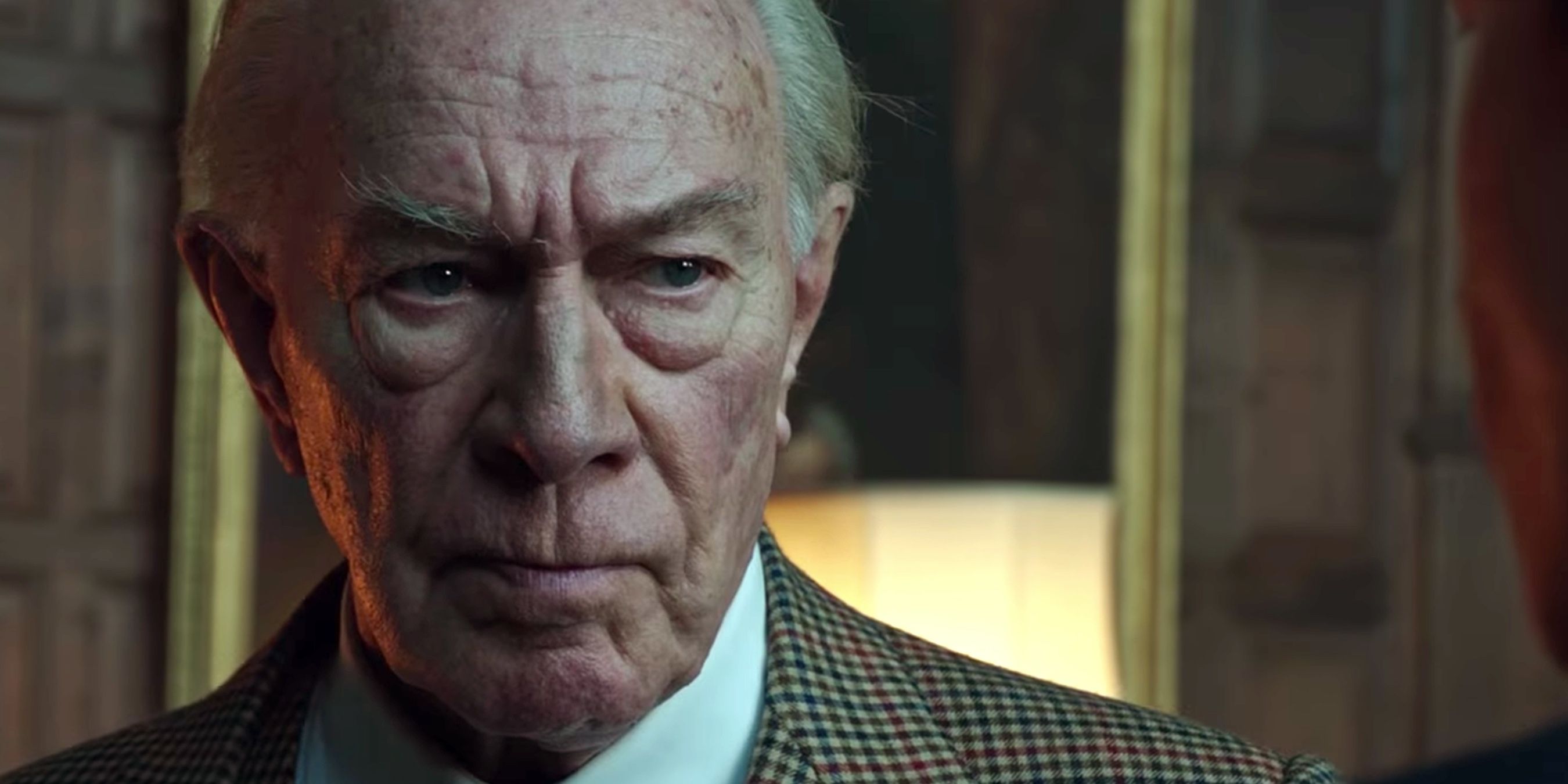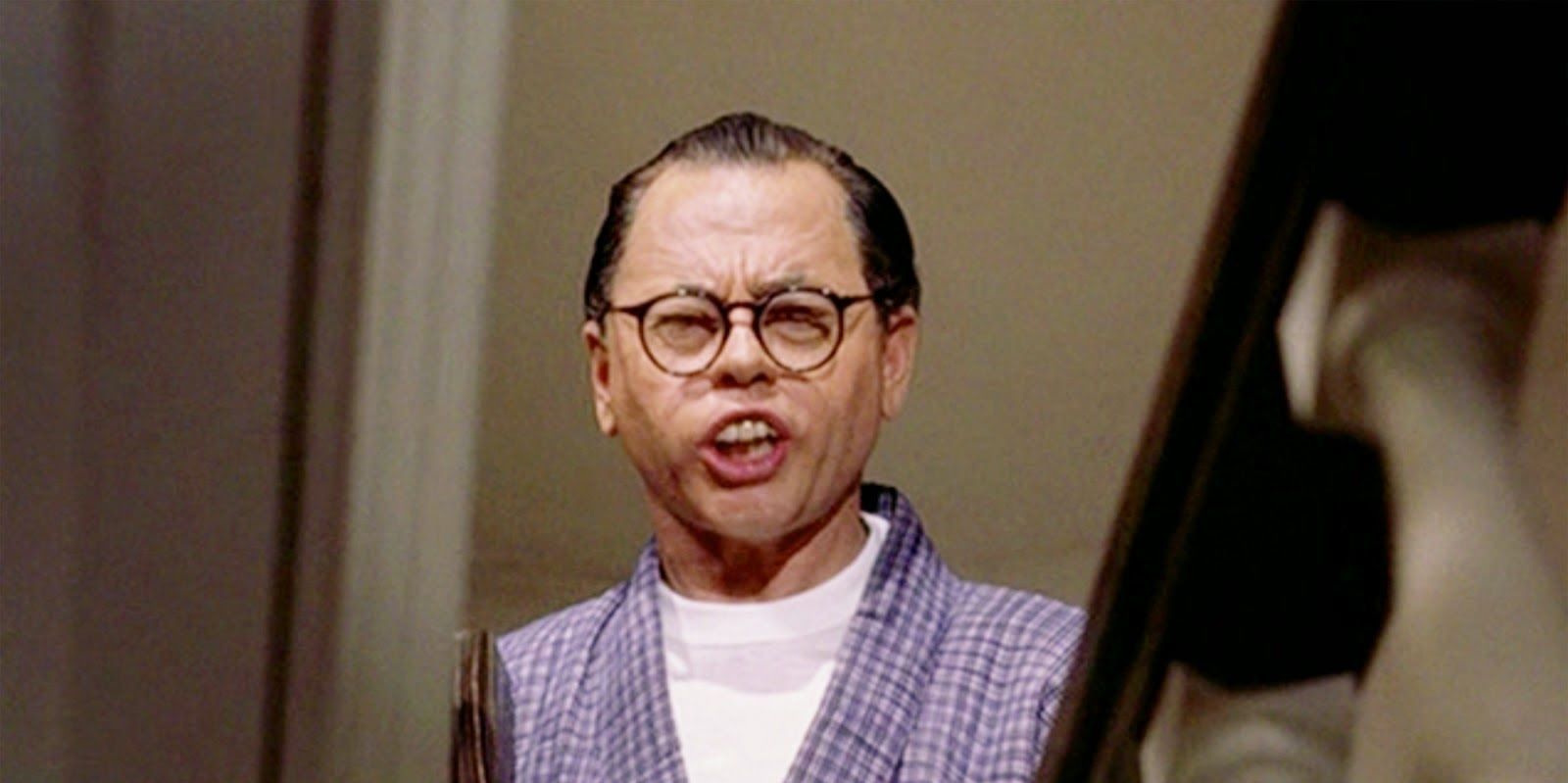We’ve all seen an otherwise good movie ruined by one dud of a performance, and most of us can recall a time when an actor’s inspired take on a role saved what might otherwise have been an mediocre movie.
To make a good film, you need a lot of people to pull off a wide variety of jobs. Cinema is a dynamic artform with infinite moving parts, but at the end of the day, we watch movies to watch actors tell a story.
There are a million different ways an actor’s performance can make or break a film. Creative differences with a director can hinder a performance-- and so can a lack of chemistry with a co-star.
Some directors find an actor they work well with and together they create decades worth of amazing performances over the course of several films. Sometimes, it all boils down to a what happens in the initial casting process.
Whatever the reason for an actor’s success or failure in a role, there’s no question that performance is the thing that either succeeds or fails to translate a cinematic story to an audience.
Here are the 8 Performances that Completely Ruined Movies (and 7 That Saved Them).
Ruined: Hayden Christensen in Star Wars - Episodes II and III
The guy has probably suffered enough, but it’s nearly impossible to talk about movie-ruining performances without throwing Hayden Christensen into the mix.
Despite the myriad of cinematic perplexities lurking over virtually every frame of the Star Wars prequels, nothing in Episodes II and III is more damning than the miscasting of Anakin Skywalker.
In Hayden’s defense, the actor didn’t have a whole lot to work with. George Lucas isn’t exactly known for writing sterling dialogue, and he reserved many of the prequel trilogy’s worst lines for Anakin.
However, if a mark of a good actor is their ability to elevate crappy dialogue, Hayden Christensen falls painfully short in Attack of the Clones and Revenge of the Sith. Hey, maybe he’ll get another chance as Anakin’s Force ghost somewhere down the line.
Saved: Robert Downey Jr. in Iron Man
The year 2018 marks the tenth anniversary of Iron Man, the first chapter in the Marvel Cinematic Universe. 17 uber-successful movies later, it’s easy to forget how big of a gamble Iron Man was.
The character was far from popular outside Marvel’s most dedicated comic book fan base. Furthermore, after Marvel failed to secure Tom Cruise for the title role, fresh-out-of-rehab Hollywood badboy Robert Downey Jr. was cast. In the end, it was Downey who made the film (and arguably the entire MCU) so enormously successful.
No one could have brought Tony Stark to life like Robert Downey Jr. Sure, we’ve got plenty of A-list 40-something megastars out there who could have played some version of a billionaire playboy in a high-tech super suit, but Downey’s vibrant, singular approach to the role draws from the idiosyncratic parts of his previous, smaller films and continues to bring personality to an otherwise by-the-numbers franchise.
Ruined: Cate Blanchett in Indiana Jones and the Kingdom of the Crystal Skull
Though it wasn’t without its inspired moments, 2008’s long awaited fourth Indiana Jones adventure was a gross disappointment. The alien plotline confounded many fans, while Shia Labeouf doing his best Tarzan with a bunch of CGI monkey’s aggravated others. One of the film’s biggest blunders was Cate Blanchett’s flat, bizarre turn as Soviet villain Irina Spalko.
On paper, Irena Spalko—a Soviet agent with psychic abilities and occult interests—had enormous potential to become a classic Indy villain, especially with Blanchett in the role.
Unfortunately, the end product just felt weird, uninspired, and almost uncanny— much like the rest of the movie. It’s probably best we all keep Blanchett’s awesome performance as Thor: Ragnarok villain Hela at the front of our minds and quietly forget about Irena Spalko.
Saved: Ben Affleck in Batman v Superman
Say what you will of Batman v Superman: Dawn of Justice and the shaky cinematic universe it spawned. It gave us a great Batman. Ben Affleck was nobody’s first choice to take over Caped Crusader duties from the Dark Knight Trilogy’s much loved Christian Bale, but over the course of his tenure, Affleck has proven himself one of the DCEU’s greatest assets.
Which makes it all the more tragic that Affleck will likely be hanging up the cape and cowl sooner rather than later. Rumors of upcoming The Batman director Matt Reeves recasting the lead role abound, as do rumors of Affleck’s dissatisfaction with the way Warner Bros. is handling the DCEU.
For now, they’re all still just rumors, but it’s hard to imagine Affleck sticking around after the one-two punch of seceding a director’s chair to Reeve’s and enduring the relative box office failure of Justice League.
Ruined: Bruce Willis in Ocean's Twelve
Ocean’s Twelve is remembered less as a lackluster follow up to Ocean’s Eleven than it is the movie where Julia Roberts played a character who bore an uncanny resemblance to... Julia Roberts.
The gag was a bold move, and it definitely made for an interesting third act, but it might also be the most pointlessly indulgent plot device in cinema history.
The gag really jumped the shark when Bruce Willis showed up and phoned in a cameo appearance as himself. The fact that Willis couldn’t tell the difference between the real Julia and the fake Julia in the movie was frustratingly unbelievable, but it might have worked had Willis owned his cameo and really played it for laughs.
Unfortunately, Willis couldn’t really be bothered to do much in the scene except barely register a weird combination of amusement and confusion.
Saved: Gal Gadot in Batman V Superman
No one could have predicted how massively important Gal Gadot’s Wonder Woman would be to the DCEU, but even in her introductory appearance in Batman v Superman, she was already making an enormous impact.
Even the most ardent BvS haters will agree that Wonder Woman's presence elevates an otherwise uneven mess of a film. 2017’s Wonder Woman was the DCEU’s real gamechanger.
It came out the same year as Justice League, and was wildly more successful. It struck the right balance of myth, humor, and powerful female representation to move audiences in a way that none of the previous DCEU movies could.
Looking back at Batman v Superman in a post-Wonder Woman world, it's clear that the seeds for the latter film’s success were sown when Diana Prince showed up and saved the former.
Ruined: Roger Moore in A View to a Kill
Roger Moore was a great James Bond. Though a far cry from Sean Connery’s sheer animal magnetism or Daniel Craig’s cold brutality, Moore brought unmatched style, sophistication, and elegance to the 007 role. It’s a shame he overstayed his welcome by about five or six years.
By the time Moore made his final Bond film, 1985’s A View to a Kill, the British icon was 57 years old, and his age really showed. Moore’s actual performance in A View to a Kill wasn’t terrible, but the visibility of his age sort of brought down the whole movie.
Even for a Bond movie, the stunts became too unbelievable as the physical disparity between Moore and his stunt double became painfully obvious. To make matters worse, the age difference between Moore and the movie's leading ladies made every love scene almost unbearable to watch.
Saved: Johnny Depp in Pirates of the Caribbean: The Curse of the Black Pearl
Johnny Depp still carried the industry moniker “box office poison” when he was cast as Captain Jack Sparrow in Disney’s first Pirates of the Caribbean film.
Depp’s drunken rockstar approach to the character didn’t do much to dispel concerns about his casting leading up to the film’s release, but it worked with audiences and transformed Depp from box office poison to box office gold for the next decade.
Without Depp’s performance, Pirates of the Caribbean might have been little more than a modest summer popcorn flick. Orlando Bloom and Keira Knightley brought sufficient appeal, Geoffrey Rush was a great villain, and the movie was brilliantly helmed by Gore Verbinski, but Jack Sparrow was definitely the lightning in a bottle that made Pirates a success.
Ruined: John Wayne in The Conqueror
The Conqueror is a truly toxic film, both literally and figuratively. Filmed in St. George, Utah near a nuclear testing ground, the movie’s production led to the eventual cancer-related deaths of multiple cast and crew members, including director Dick Powell and star John Wayne.
It’s also most commonly remembered as the movie where John Wayne played Genghis Khan in yellowface. We know it was the '50s, but yikes.
Hollywood has a rich legacy of cultural insensitivity, especially when it comes to asian representation. Even in recent years, major Hollywood productions have come under serious scrutiny for under-representing or straight up misrepresenting the Asian community.
Yes, things have improved (if only slightly), but not enough to keep us from cringing at the sight of John Wayne in The Conqueror.
Saved: Jeff Bridges in Crazy Heart
On its own merits, 2009’s Crazy Heart is a decent film, but there’s no way it would have had much of an impact were it not for Jeff Bridges’ Oscar-winning performance.
Based on a 1987 novel by Thomas Cobb, Crazy Heart follows over-the-hill country singer “Bad” Blake (Bridges) as he struggles with alcoholism, falls in love with a younger woman (Maggie Gyllenhaal) and tries to get his life back on track.
The film was adequately adapted from the novel and sufficiently directed by Scott Cooper (Black Mass, Out of the Furnace), but it’s undoubtedly Bridges’ performance that elevates this otherwise by-the-numbers melodrama to noteworthy status.
Bridges is a gem of American cinema, and the Oscar he won for this role was certainly well-deserved, if not inevitable.
Ruined: Jake Lloyd in Star Wars: The Phantom Menace
Botching the casting of cinema’s most iconic villain would be bad enough once, but George Lucas managed to do it twice. Before he miscast Hayden Christensen as future-Sith Lord Anakin Skywalker, he selected Jake Lloyd to play the spunky slave-kid version in Star Wars: Episode I.
It would be enormously unfair to blame the then-10-year-old Lloyd for his cringeworthy turn in The Phantom Menace. Child actors typically don’t have the life experience necessary to craft a truly authentic performance, so it’s up to the director to really lead the child through the work.
George Lucas isn’t exactly known for directing actors well, so it wouldn’t be a stretch to place blame on him for the way Lloyd’s Anakin turned out. Regardless of whose to blame, the mostly gorgeous first chapter in the Star Wars saga suffers greatly from Lloyd’s presence (and we won’t even get into Jar-Jar at this point).
Saved: Harrison Ford, Mark Hamill, and Carrie Fisher in Star Wars: A New Hope
Take away the cultural phenomenon that surrounds Star Wars and boil it down to its essence. At its core, Star Wars is a vivid synthesis of George Lucas’s creative influences (Flash Gordon, Joseph Campbell’s mythology, hot rod culture, westerns).
For the last 40 years, Star Wars has become far bigger than any of those things, but it wouldn’t have, had it not had the perfect cast to translate George Lucas’ vision to unsuspecting audiences in 1977.
The casting process for Star Wars: A New Hope involved testing out different combinations of all the actors up for the three lead roles. This method paid off, and Lucas found the perfect trio of actor’s to bring his space opera to life.
The presence of distinguished silver screen veterans like Alec Guiness and Peter Cushing in the film certainly helped, but it was Mark Hamill, Carrie Fisher, and Harrison Ford who gave audiences the opportunity to see something of themselves in Luke Skywalker, Princess Leia, and Han Solo.
Ruined: Denise Richards in The World is Not Enough
Though typically not fondly remembered, Pierce Brosnan’s third Bond movie is certainly above par, if not highly underrated. It’s only real flaw is the casting of Denise Richards as a nuclear physicist in booty shorts.
Richards is so unbelievable in the role that, by the time she enters the film, her presence completely distracts from what otherwise would have been a solid, sleek '90s action thriller.
The Pierce Brosnan Bond films currently sit in a strange place within the rest of the 007 franchise. They don’t yet carry the affectionate nostalgia that comes with the Sean Connery or Roger Moore Bond films, nor do they pack the visceral punch of Daniel Craig’s tenure.
As a result, the flaws in Brosnan’s Bond adventures are much less forgivable in the eyes of modern audiences, especially Denise Richards' borderline unbearable performance in The World is Not Enough.
Saved: Christopher Plummer in All the Money in the World
All the Money in the World may always be remembered primarily for its unique behind-the-scenes story. When news broke of the countless assault allegations against actor Kevin Spacey, All the Money in the World director Ridley Scott opted to remove all of Spacey’s scenes as industrialist J. Paul Getty and reshoot them with Christopher Plummer in the role.
The marathon reshoots were completed in just nine days, and the movie was completed in time for the week of its original release date.
Anyone who knows this story will likely laud the 88-year-old Plummer for saving All the Money in the World, but you really have to see the movie to appreciate the insatiable magnitude of the veteran actor’s performance.
Plummer is flawless in the role, imbuing Getty with a subtle menace and unshakable charisma that Spacey never could have achieved under a pile of age makeup and prosthetics.
Ruined: Mickey Rooney in Breakfast at Tiffany's
Mickey Rooney’s unbearable performance as Mr. Yunioshi in Breakfast at Tiffany’s is probably the most offensive performance by an actor in cinema history. The “cultural acceptability” of racially charged humor in 1960s America is hardly an excuse for the over-the-top yellowface antics of Rooney throughout the film.
In a 2008 interview, Rooney offered what barely registered as an apology for playing Mr. Yunioshi, while also citing the decades of compliments he’s received for the role as some sort of excuse.
The 2009 DVD release of Breakfast at Tiffany’s features “a brief and necessary featurette on the character of Mr. Yunioshi, offering an Asian perspective on 'yellow face.'"
Necessary though it may be, short of going back in time and completely removing the character from the film, there’s really nothing that can be done to save Breakfast at Tiffany’s from the damning presence of Mr. Yunioshi.
---
Are there other movie-destroying performances that we failed to address? Was Roger Moore’s age really enough to ruin a Bond movie where Christopher Walken was the villain? What other fabulous performances managed to save movies? Give us your take in the comments!

